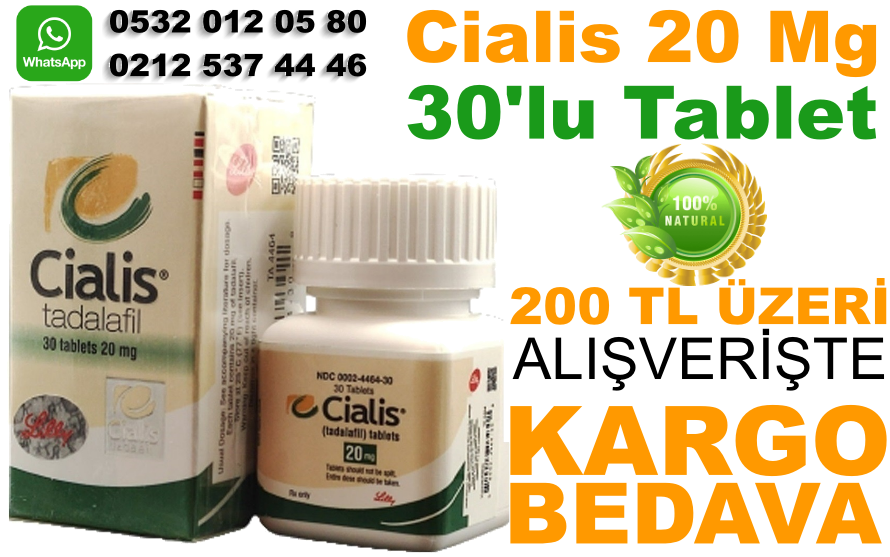What We Know About the Fatal Shooting on Alec Baldwin’s New Mexico Movie Set
The authorities in Santa Fe County, N.M., are investigating what happened on the set of “Rust” when the actor Alec Baldwin killed the film’s …

The authorities in Santa Fe County, N.M., are investigating what happened on the set of “Rust” when the actor Alec Baldwin killed the film’s cinematographer and wounded its director by firing a gun that was being used as a prop.
Details have begun to trickle out with the release of a detective’s affidavit, the audio of a 911 call made immediately after Thursday’s shooting, and public statements from some of the people involved. But much remains unclear, including the essential question: How did a gun that contained a fatal projectile get into the hands of an actor who believed it was safe, when an array of safeguards should have made that impossible?
Here is an overview of what we know, and what we don’t know, as of Saturday morning.
What we know
The shooting happened during a rehearsal for a scene in “Rust.” Mr. Baldwin fired the gun, striking the cinematographer, Halyna Hutchins, in the chest and the director, Joel Souza, in the shoulder. Ms. Hutchins, 42, was airlifted to a hospital in Albuquerque, where she died. Mr. Souza, 48, was taken by ambulance to a hospital in Santa Fe and was released on Friday.
Mr. Baldwin has cooperated with the investigation, including going to the Santa Fe County Sheriff’s Office after the shooting to provide a statement and answer questions. No criminal charges have been filed against him or anyone else.
The Sheriff’s Office has obtained a warrant to search the building where the shooting happened, examine the gun for biological evidence, and review video footage from the film cameras and other recordings. A spokesman for the office said he expected more information to be available next week.
In an affidavit accompanying the office’s request for a warrant, Detective Joel Cano said that an assistant director on the set had taken the gun off a cart — where it had been placed by the film’s armorer, or weapons handler — and handed it to Mr. Baldwin, who pulled the trigger shortly thereafter. According to the affidavit, the assistant director called out the words “cold gun,” indicating that it was unloaded and safe for Mr. Baldwin to handle.
Days earlier, a handful of crew members had walked off the set over general working conditions, according to several people involved in the production and a theatrical union official. Crew members had complained to producers about long workdays — often exceeding 13 hours — and delayed paychecks. Some also said the production company had failed to book hotel rooms near the set, meaning that they had to drive about an hour to their homes after long, physically demanding days.
In a statement released on Friday, Mr. Baldwin called the shooting a “tragic accident” and said he had been in touch with Ms. Hutchins’s husband to offer his support. “There are no words to convey my shock and sadness regarding the tragic accident that took the life of Halyna Hutchins, a wife, mother and deeply admired colleague of ours,” he wrote on Twitter, adding, “My heart is broken for her husband, their son, and all who knew and loved Halyna.”
What we don’t know
What type of projectile the gun contained. We do not know whether it was live ammunition, a blank (meaning a cartridge without a bullet, but with gunpowder and wadding that can sometimes be ejected forcefully enough to kill) or something else.
Who loaded the gun, and who was responsible for the false conclusion that it wasn’t loaded. We know from the Sheriff’s Office affidavit that the assistant director called it a “cold gun” when handing it to Mr. Baldwin, but we do not know whether he made that assessment personally or whether he received bad information from someone else.
How the protocols that are supposed to prevent firearm deaths and injuries on film sets failed.























